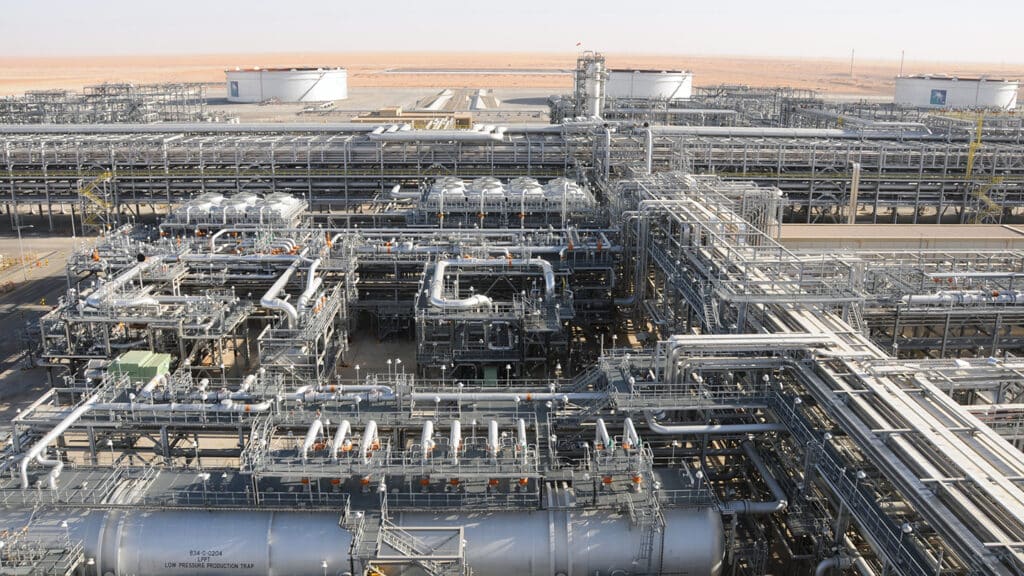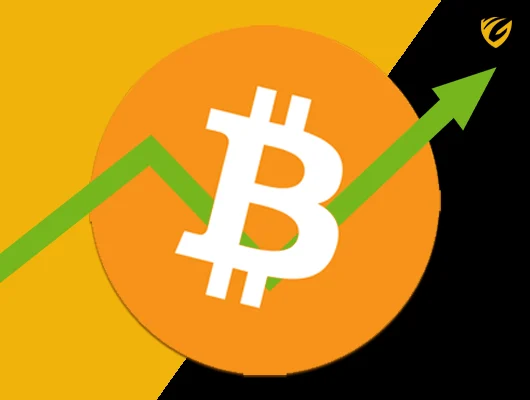OPEC Plus Announces Cut in Oil Production
After the unexpected announcement by OPEC Plus, oil prices increased by 7% on Sunday evening. The group, which consists of Saudi Arabia, Russia, and their oil-producing allies, announced that they would reduce crude oil production by more than 1,2 million barrels per day, or more than 1 percent of global supplies. OPEC Plus leaders had previously stated that they had no plans to alter their policies, so this announcement came as a surprise.

In February, the alliance had already produced nearly two million barrels below its supply target, and it is anticipated that shortages will continue. Several nations, including Brazil, Canada, Guyana, Norway, and the United States, are increasing their oil production to offset the decrease in supply caused by the production cuts.
Although the production cut was unanticipated, it has considerable symbolic significance. The price of oil remains one-third lower than it was immediately following Russia’s invasion of Ukraine in February of last year. It remains to be seen how long the production cut will be in effect and what its long-term impact on the oil industry will be. The production cut could potentially help to increase prices and stabilize the market, but it remains to be seen how long the production cut will be in effect and what its long-term impact on the oil industry will be.
The increase in oil prices has implications for gas prices as well. The current average price of regular gasoline in the United States is $3.51 per gallon, 13 cents more than one month ago. Although this increase is significantly less than the $4.20 per gallon price from a year ago, it is still causing concern because it could contribute to inflation.
The decision by OPEC Plus to reduce oil production has had a substantial impact on the market, with oil prices already increasing by 7 percent. Uncertainty surrounds the duration of the production cuts, but they have the potential to increase prices and stabilize the market. Nonetheless, the rise in gasoline prices remains a cause for concern, and it is essential to monitor the situation to determine its long-term impact on inflation.



